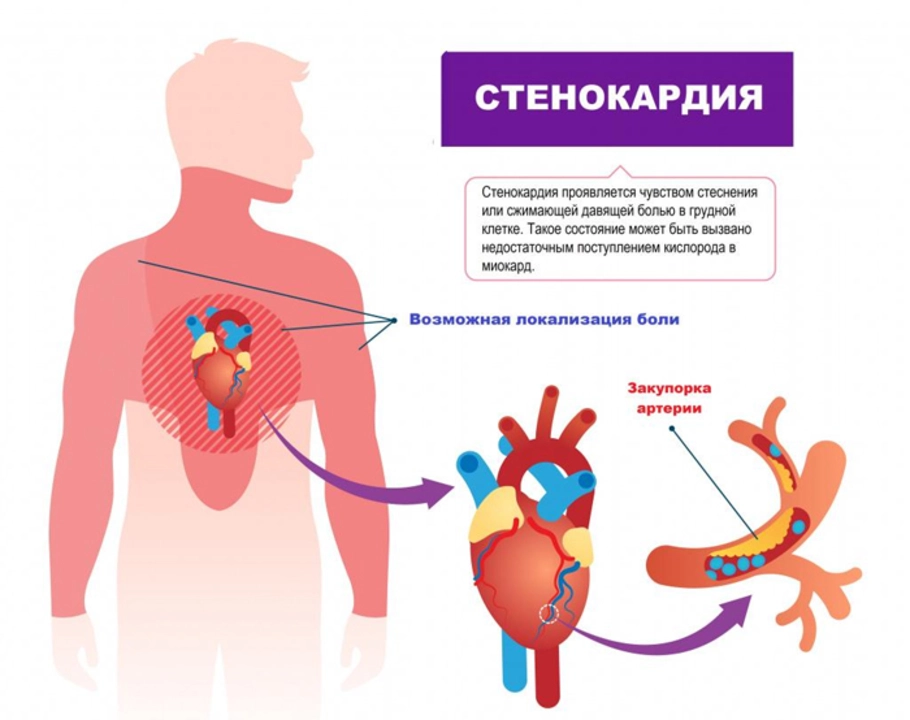Nutrition: Practical Guides & Safe Supplement Advice
Not every pill, powder, or herbal extract lives up to its label. Some can help, some do nothing, and a few can make other medicines act differently. On this tag page you'll find straightforward advice on supplements, real-world tips for weight and performance, and clear safety notes so you don’t guess at what to take.
How to choose a supplement that actually helps
Start with food. Whole foods give nutrients in a package your body recognizes. Use supplements to fill gaps — a diagnosed deficiency, short-term recovery after illness, or a specific training goal. Look for third-party testing (USP, NSF, or ConsumerLab). Check the active dose against clinical studies. Avoid vague "proprietary blends" that hide exact amounts.
Be concrete: if you want anti-inflammatory support consider curcumin with proven formulations (often paired with piperine for absorption). For heart and brain health, omega‑3 fish oil with a clear EPA/DHA label matters more than a cheap fish oil claiming "pure omega." Want performance or weight support? Gamma oryzanol is getting attention — read the research and watch doses. Lemon eucalyptus shows up as a trendy supplement in 2024; it’s popular, but the evidence and safety vary, so treat it like any new product and start small.
Safety, interactions, and practical rules
Ask your pharmacist or doctor if you take meds. Supplements can change how drugs work — blood thinners, thyroid meds, blood pressure drugs, antidepressants, and diabetes medicines are common trouble spots. For example, some herbs affect clotting or blood sugar. If you’re on a prescription, run any new supplement past a pro before you buy.
Read labels and watch for red flags: unreal claims ("cures"), multi-ingredient stacks without clear doses, and big promises tied to celebrity endorsements. Store supplements in a cool, dry place and keep a list of everything you take so any clinician can review it quickly.
Keep expectations realistic. Supplements often give modest benefits, not instant miracles. If a product claims fast weight loss, dramatic muscle gains overnight, or replacement for a prescribed medicine, be skeptical. Track results over weeks, not days, and stop if you get new symptoms.
Want to dig deeper? Check our articles on natural anti-inflammatory options (curcumin, quercetin, omega‑3s), the gamma oryzanol review for weight and performance, and the lemon eucalyptus piece to see what people are actually using and why. We also cover when to consider supplements versus safer, evidence-based medications and how to buy online without getting scammed.
Use this tag as your quick reference: practical tips, plain-language reviews, and safety checks so you can make smarter choices without the guesswork.

